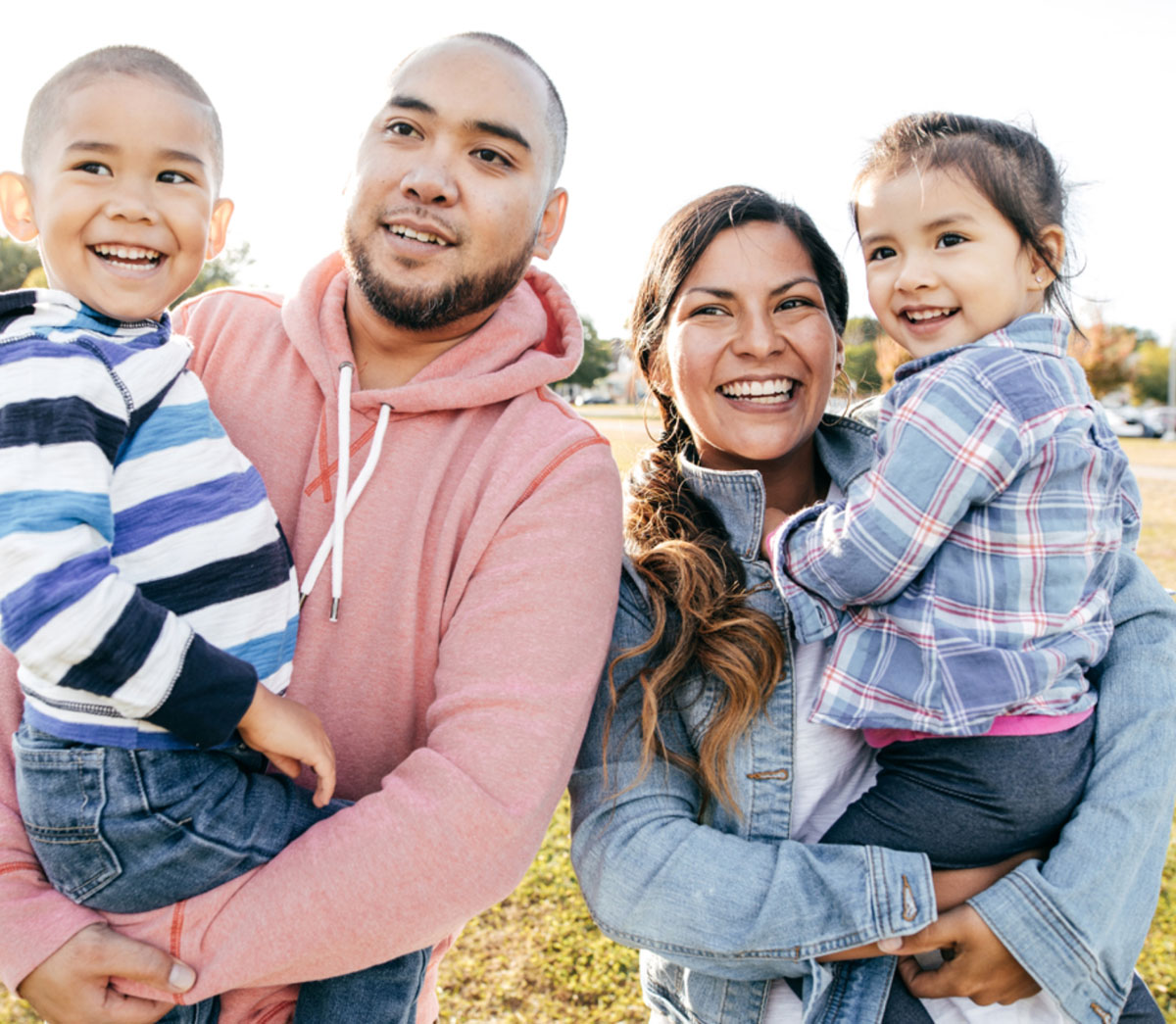Research
Wonders & Worries is committed to evidence-based practice and the importance of research in our field. We have published multiple articles in peer-reviewed journals, and our copyrighted Illness Education & Coping Curriculum has been clinically validated based on a randomized clinical trial.

More About Our Research
Wonders & Worries has contributed to this body of evidence-based practice through several research studies and our research has been cited in other studies. (Phillips, 2015; Phillips & Prezio, 2016; Phillips et al., 2022; Phillips et al., 2021). These studies provide additional data for others wishing to provide children of adult patients services within the community and support a data informed approach to service delivery.
The first cross sectional study of the impact of Wonders & Worries programming (Phillips & Prezio, 2016) found that among 156 families served, many reported amelioration of multiple children’s issues including:
-
87%
Improved communication skills
-
84%
Reduced anxiety
-
90%
Increased feeling of security at home
-
73%
Improved school performance

This multi-year sample of survey results was subsequently used to evaluate predictors of child psychosocial outcomes following their participation in the Wonders & Worries curriculum for families experiencing parental cancer. (Phillips, et al., 2021). Improvement in communication about the illness post intervention was associated with improved sleep, feelings of security, and reduced anxiety. Families reporting financial difficulty were significantly more likely to report the presence of children’s issues related to sleep, eating issues, feeling insecure at home, anxiety, and difficulty with the parent-child relationship. Results suggest variables such as a child’s ability to communicate about the illness and time since a parent’s diagnosis affects outcomes. This study demonstrated that parents with cancer report their children show improved psychological outcomes when participating in a child life intervention designed to address their worries and feelings.
The latest study was a randomized clinical trial focused on investigating the efficacy of the Wonders & Worries copyrighted, six session Illness Education & Coping Curriculum (Phillips, et al.,2022). The study enrolled 60 families with a parent diagnosed with early-stage cancer and their children. The intervention group significantly improved on parenting concerns, parenting self-efficacy, and family quality of life, while children in the intervention group had significantly lower emotional and behavioral problems and worries related to cancer compared to controls. The Wonders & Worries intervention was shown to promote positive adaptation for ill parents and their children in certain domains. This intervention is promising and warrants further refinement and testing with a larger, more diverse sample.

Upcoming Research Work and Opportunities to Participate
Our commitment to research is ongoing. We are currently in the midst of a research study on our Advanced Cancer Curriculum, with additional research in the pipeline. To inquire about opportunities to participate or collaborate in one of our future research studies, please contact us.
Research Citations & Sources
This body of research illustrates a solid foundation for building an evidence-based practice model for child life interventions supporting children of adult patients.
- Phillips, F. (2015). The experience of adolescents who have a parent with advanced cancer: A phenomenological inquiry. Palliative & Supportive Care, 13(4), 1057-1069
- Phillips, F., & Prezio, E. (2016). Wonders & Worries: Evaluation of a child centered psychosocial intervention for families who have a parent/primary caregiver with cancer (Vol. 26)
- Phillips, F., Prezio, E. A., Currin-McCulloch, J., & Jones, B. (2022). Wonders & Worries Program Evaluation: A Randomized Clinical Trial of a Psychosocial Intervention for Children who have a Parent with Cancer. Psycho Oncology
- Phillips, F., Prezio, E. A., Panisch, L. S., & Jones, B. L. (2021). Factors Affecting Outcomes Following a Psychosocial Intervention for Children When a Parent Has Cancer. The Journal of Child Life: Psychosocial Theory and Practice
The latest research findings, studies, and academic papers related to child psychology, grief, and family dynamics in the context of illness and death.
- American Cancer Society. (2020). Cancer Facts and Figures 2020. American Cancer Society
- Children Living with Parental Cancer. Cancer Nursing, 41(1), E19-E27, 1/2 2018
- Hauken, M. A., Senneseth, M., Dyregrov, A., & Dyregrov, K. (2018). Anxiety and the quality of life of children living with parental cancer. Cancer Nursing, 41(1), E19–E27
- Hauskov Graungaard, A., Roested Bendixen, C., Haavet, O. R., Smith-Sivertsen, T., & Mäkelä, M. (2019). Somatic symptoms in children who have a parent with cancer: A systematic review. Child: Care, Health and Development, 45(2), 147-158
- Noel, L., Phillips, F., Tossas-Milligan, K., Spear, K., Vanderford, N. L., Winn, R. A., Vanderpool, R. C., & Eckhardt, S. G. (2019). Community-Academic Partnerships: Approaches to Engagement. American Society of Clinical Oncology Educational Book (39), 88-95
- Strandh, Maria Romare, Hov’en, Emma, Sorensdotter, Renita, Stalberg, Karin, Enebrink, Pia, Ljungman, Lisa, & Wilkman, Anna (2023). Psychosocial interventions targeting parenting distress among parents with cancer – A systematic review and narrative synthesis of available interventions.Critical Reviews in Oncology/Hematology, Volume 191, November 2023, 104119
- Ohan JL, Jackson HM, Bay S, Morris JN, Martini A. How psychosocial interventions meet the needs of children of parents with cancer: A review and critical evaluation. Eur J Cancer Care. 2020;29:e13237.
- Weaver, K.E., Rowland, J.H., Alfano, C.M., & McNeel, T.S. (2010). Parental cancer and the family. Cancer, 116(18), 4395-4401.